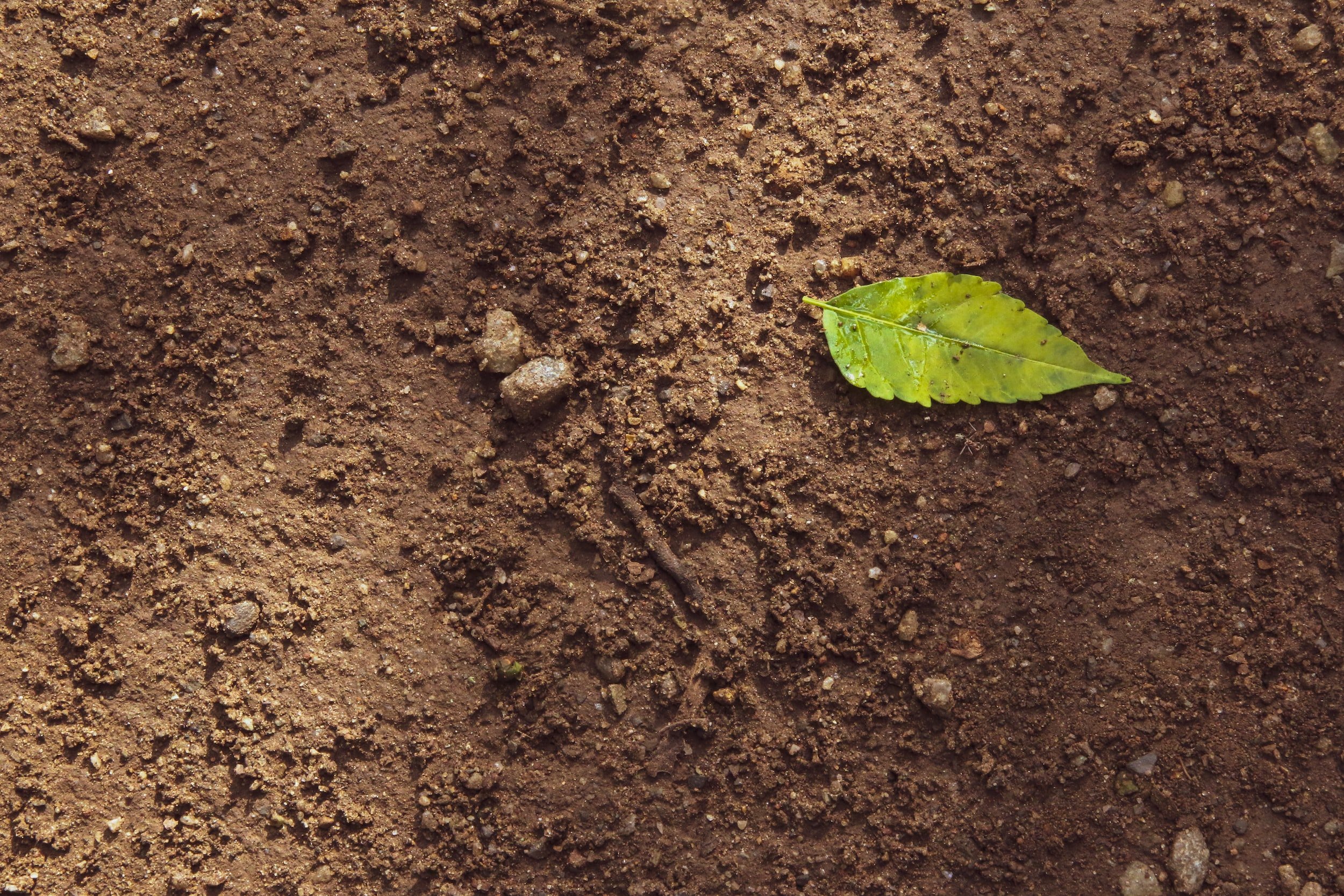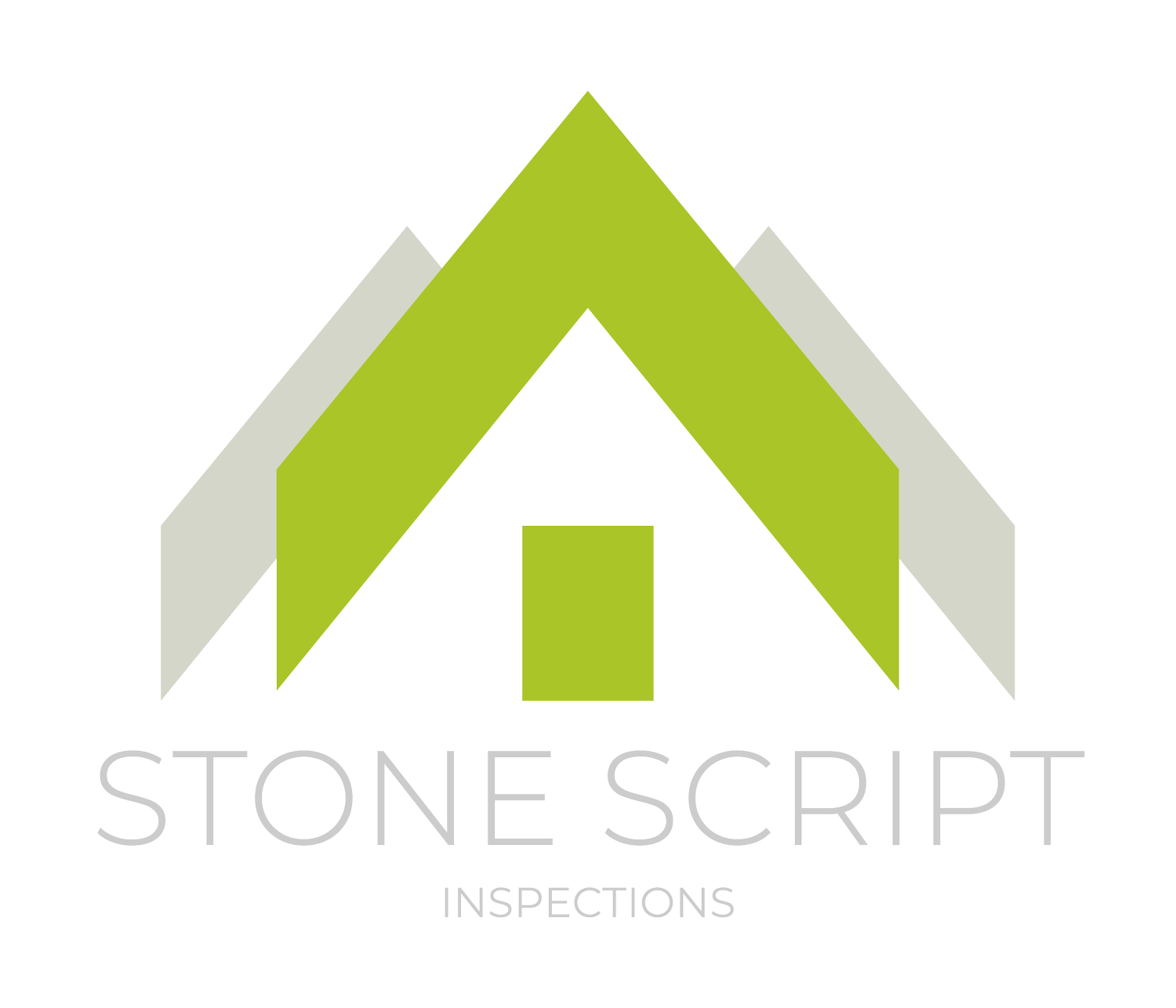
Radon Air Quality Inspections
Protect your home from the harmful effects of radon gas with radon testing
The importance of testing for radon gas in Saskatchewan
If you are a homeowner in Saskatchewan, you should know the potential health risks of radon gas. Radon is a radioactive gas that occurs naturally in the soil and can seep into your home through cracks in the foundation or walls. It is the leading cause of lung cancer among non-smokers and is responsible for more than 3,200 deaths in Canada annually. This is why having your home tested for radon gas is essential.
How radon testing works
Radon testing involves using specialized equipment to measure the levels of radon gas in your home.
There are two main types of radon tests: short-term and long-term. Short-term tests are typically conducted over two to seven days and provide a quick snapshot of radon levels in your home.
Long-term tests, however, are conducted over 90 days or more and provide a more accurate picture of radon levels over time.
After the radon testing is complete, samples are sent to the lab. Once the lab results have been received we will contact you via phone or video chat (depending on your preference) to discuss the results. From there we either rule that the levels are manageable or plan to fix the issue.
The dangers of high radon levels
If your home has high levels of radon gas, it can pose a severe health risk to you and your family. The longer you are exposed to high radon levels, the greater your risk of developing lung cancer. In fact, the risk of lung cancer increases by 16% for every 100 Bq/m3 increase in radon concentration. This is why it is crucial to have your home tested for radon and to take steps to reduce radon levels if they are found to be high.
Radon reduction and mitigation
If your home has high levels of radon, there are several steps we can take to reduce your exposure. Radon reduction and mitigation techniques include:
Sealing cracks in the foundation or walls.
Installing a ventilation system to increase airflow.
Using a radon reduction system such as a sub-slab depressurization system.
Stone Script Inspections can help you determine the best action to reduce your home's radon levels and help plan and perform radon mitigation.
Trust a qualified home inspector to keep your home safe
If you are concerned about the levels of radon gas in your home, it is essential to trust a qualified home inspector who can provide reliable testing and mitigation services.
With our expertise and experience, Stone Script Inspections can conduct accurate radon tests, interpret the results, and provide guidance on the best ways to reduce radon levels in your home.

Stone Script Inspections can help ensure your home is safe and healthy for you and your family.
Contact us to learn more and book your appointment today!


